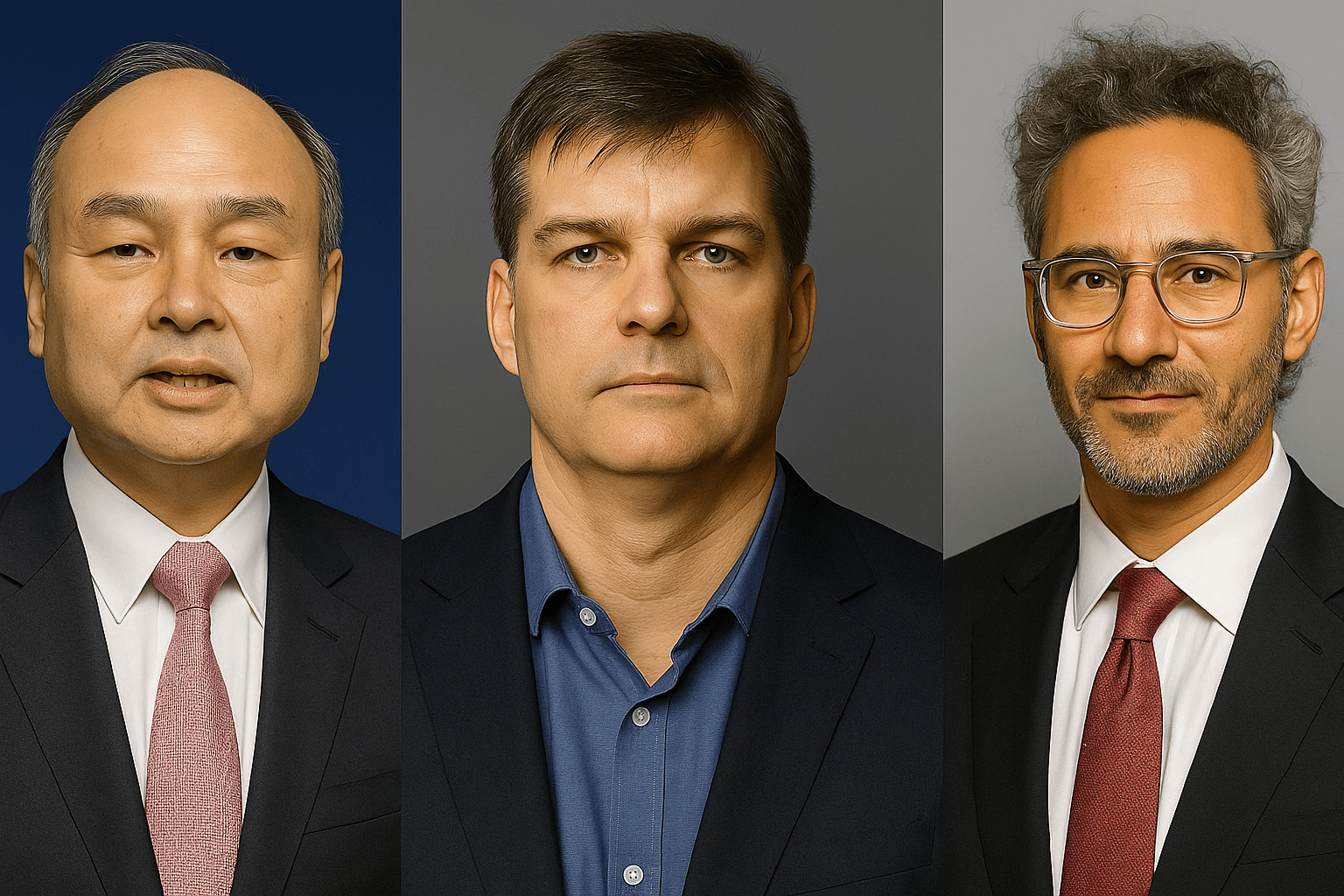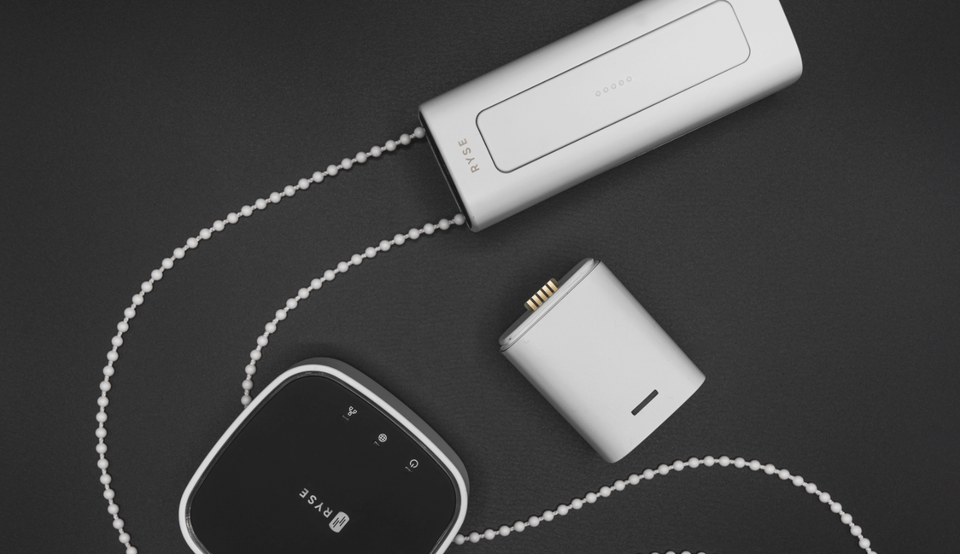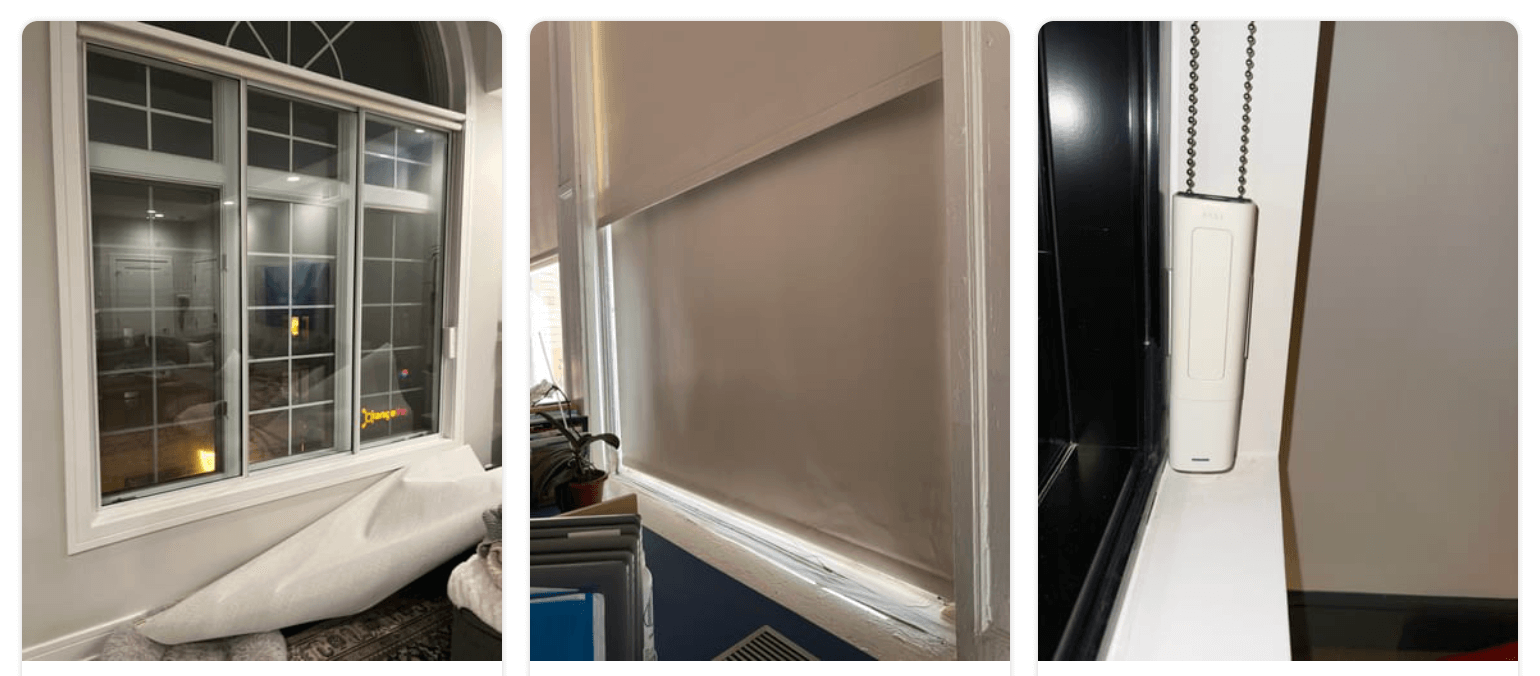Bubble?


SoftBank selling all its Nvidia stock hit the market like a quiet shock.
They simply sold everything and walked away with about $5.8 billion. Considering Nvidia is the most celebrated company in the entire AI boom, this move should have made all of us stop and think.
They are the company every CEO name-drops, every tech team depends on, and every investor watches like a national scoreboard. So when a future-obsessed firm like SoftBank decides it wants cash instead of a front-row seat to AI’s biggest success story, we have to ask why.
Of course, they packaged the sale in soft, polished language about “reallocating capital.” It sounds mature and responsible, but phrases like that usually exist to distract us from the real reasons. If someone leaves a winning table in Vegas, we don’t memorize the excuse, they saw something. Maybe something we’re refusing to see.
Then there’s Michael Burry, who has a habit of spotting cracks in the system long before the rest of us even hear the noise. He’s now shorting Nvidia and Palantir with over a billion dollars in put options. His criticism focuses on the way some AI companies report their profits, particularly how they stretch the lifespan of their expensive hardware to make earnings look better on paper.
He’s basically saying, “Your numbers look good because you’re pretending your equipment doesn’t age.” Whether he’s right or not, he’s asking questions almost no one else in the AI hype cycle seems willing to ask.
And then we get the unexpected subplot: Alex Karp, Palantir’s CEO, firing back at Burry. But instead of talking accounting, Karp talks mission, national security, and purpose. Burry argues with spreadsheets; Karp argues with philosophy. It’s fascinating to watch because they’re both confident and both convinced. One is rooted in math, the other in belief. And we’re left stuck between them, trying to figure out where reality really sits.
But focusing too much on SoftBank, Burry, or Karp actually pulls us away from the part that matters most. This moment isn’t about them, it’s about us. We read these headlines like entertainment, as if they belong to another world. But we’re living inside the same economy shaped by these decisions. We act like spectators while the consequences roll directly into our workplaces, our careers, and our industries.
If the AI boom keeps rising, companies will expect us to do more with less, adapt faster, and produce results at a level we’ve never been pushed to before. If the AI boom cools down, companies will start tightening budgets and asking harder questions about who brings real value.
Either way, we’re not escaping the pressure. Whether AI accelerates or slows, the world is going to demand more clarity, more skill, and more adaptability from all of us.
SoftBank made a bet, Burry made a bet, and Karp is defending a bet.
What bet are we making? Many of us assume our job won’t change, that our industry will stay the same, or that our skills will remain relevant without effort. That’s still a bet, it’s just unspoken and risky.
We tell ourselves we’re “learning about AI,” but reading a few articles or playing with a tool isn’t the same as preparing. We say this moment will “work itself out,” but that mindset didn’t protect workers in past technology waves, and it won’t protect us now. We love the idea of change, but we dread the part where we actually have to change ourselves.
SoftBank’s exit matters because it shows that even the big believers get uncomfortable.
Burry’s warning matters because it exposes how easily we accept stories without questioning the numbers behind them.
Karp’s response matters because belief, real belief, is rare and powerful, even if we don’t share it.
But the person who matters the most in this story is us; we don’t need to become experts, and we don’t need perfect predictions. But we do need to wake up and treat this moment like it affects us, because it does. AI might boom or slow down, but no matter what happens, the people who stay curious, adaptable, and willing to learn will always be in a better position than the people who hope things stay the same.
This isn’t about predicting the future, it’s about participating in it.
And the only real question left is whether we’re choosing to move with the future, or waiting for it to move on without us.
*Disclaimer: The content in this newsletter is for informational purposes only. We do not provide medical, legal, investment, or professional advice. While we do our best to ensure accuracy, some details may evolve over time or be based on third-party sources. Always do your own research and consult professionals before making decisions based on what you read here.




